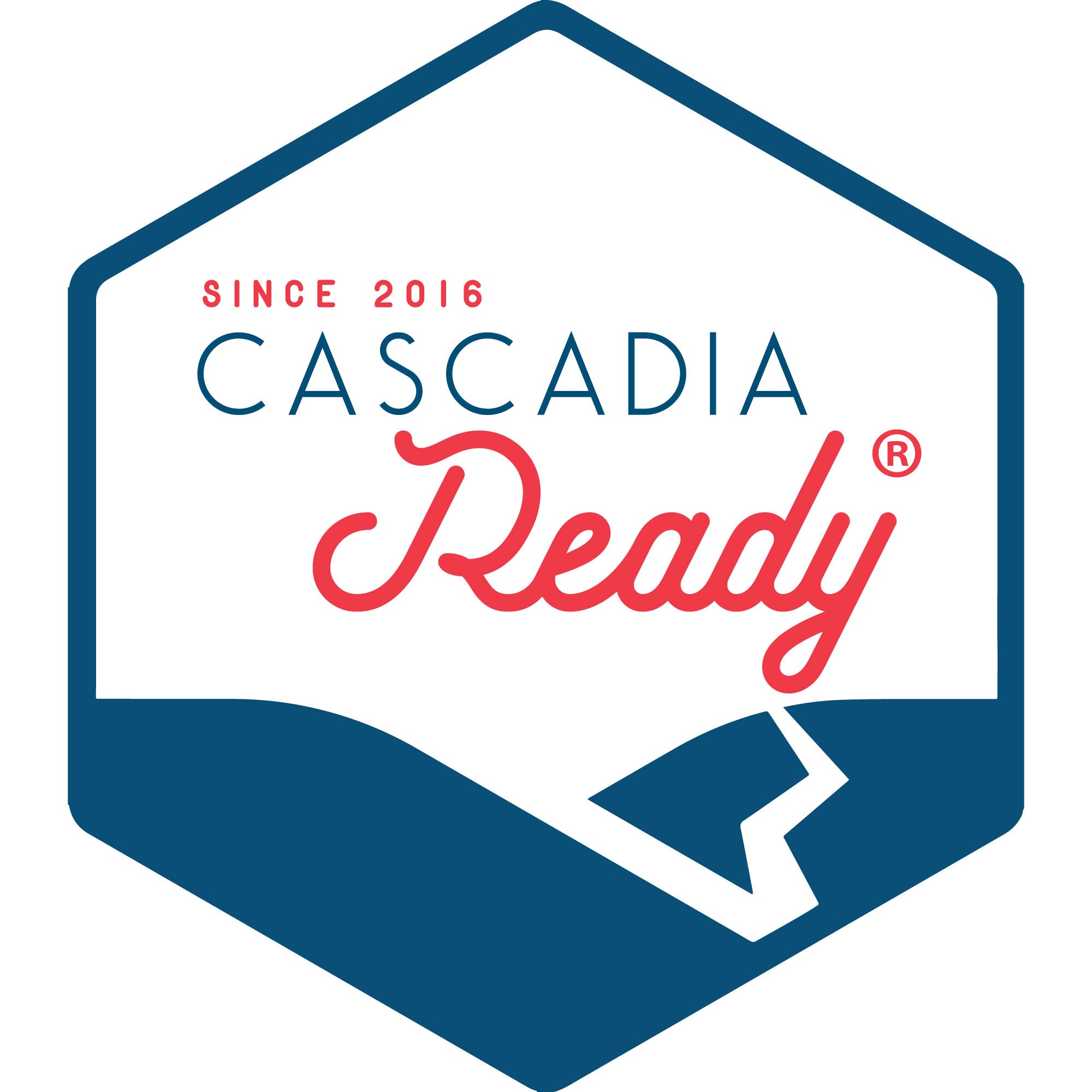Elements of a good Emergency Plan

Include these important elements in your emergency plan
Choose an Out-of-Area Contact person
Pick a person who won't be affected by a Cascadia Earthquake to be your out-of-area contact. Why? After a major earthquake communication will be difficult. We can't count on cell phones working, but there's a chance we'll be able to get text messages out right after an earthquake. Text, rather than call, because texts use less bandwidth and are more likely to get through. Increased phone traffic right after a disaster often overloads local systems, so communication is more likely to get through to distant places rather than your immediate area. So, choose someone out of the area who you and your loved ones will contact with your status. They'll act as a communication hub for you and your loved ones who will be wondering how and where you are.
Determine 3 meeting Places
Choose 3 meeting places ahead of time to take the guesswork out of reuniting. It's possible that your family will be in different locations when an earthquake strikes. So, determining meeting places ahead of time will reduce stress and simplify the process of reuniting. Once you choose your meeting places, practice making your way to them. Start with the first meeting place, then walk to the second, then the third. Be sure that all family members (if it's developmentally appropriate) understand how to get to the meeting places.
- The first meeting place is generally right outside your residence. Choose a place that's away from power lines or other hazards.
- Choose a second meeting place for the event that it's unsafe to be outside your residence due to fire or other hazards. The second meeting place should be within a few blocks of where you live, preferably a location with open space such as a school or park.
- You'll want to have a third meeting place (park, school) that's out of your neighborhood in the event that your neighborhood has to be evacuated.
Make a Reunification Plan
If you and your loved ones are far apart when an earthquake strikes, it will take some work to reunite. It's possible that children will be at school or daycare, or that some family members will be on opposite sides of the river. As part of your emergency plan, discuss possible scenarios and how you will orchestrate reuniting. Determine who will be responsible for getting to children or other loved ones in different scenarios. If you live or work across the river from your child’s school, it's a good idea to designate a friend or family member in the school area who agrees to pick up your child(ren) and take care of them until you can get there. Be sure to include them on your child’s school emergency contacts list.
Keep a 3-day emergency Get-Home Pack in your car and at work. You'll be on foot after an earthquake because damage to roads and bridges will preclude driving; it may take a few days to get where you need to go, so you'll need emergency supplies to safely get home.
